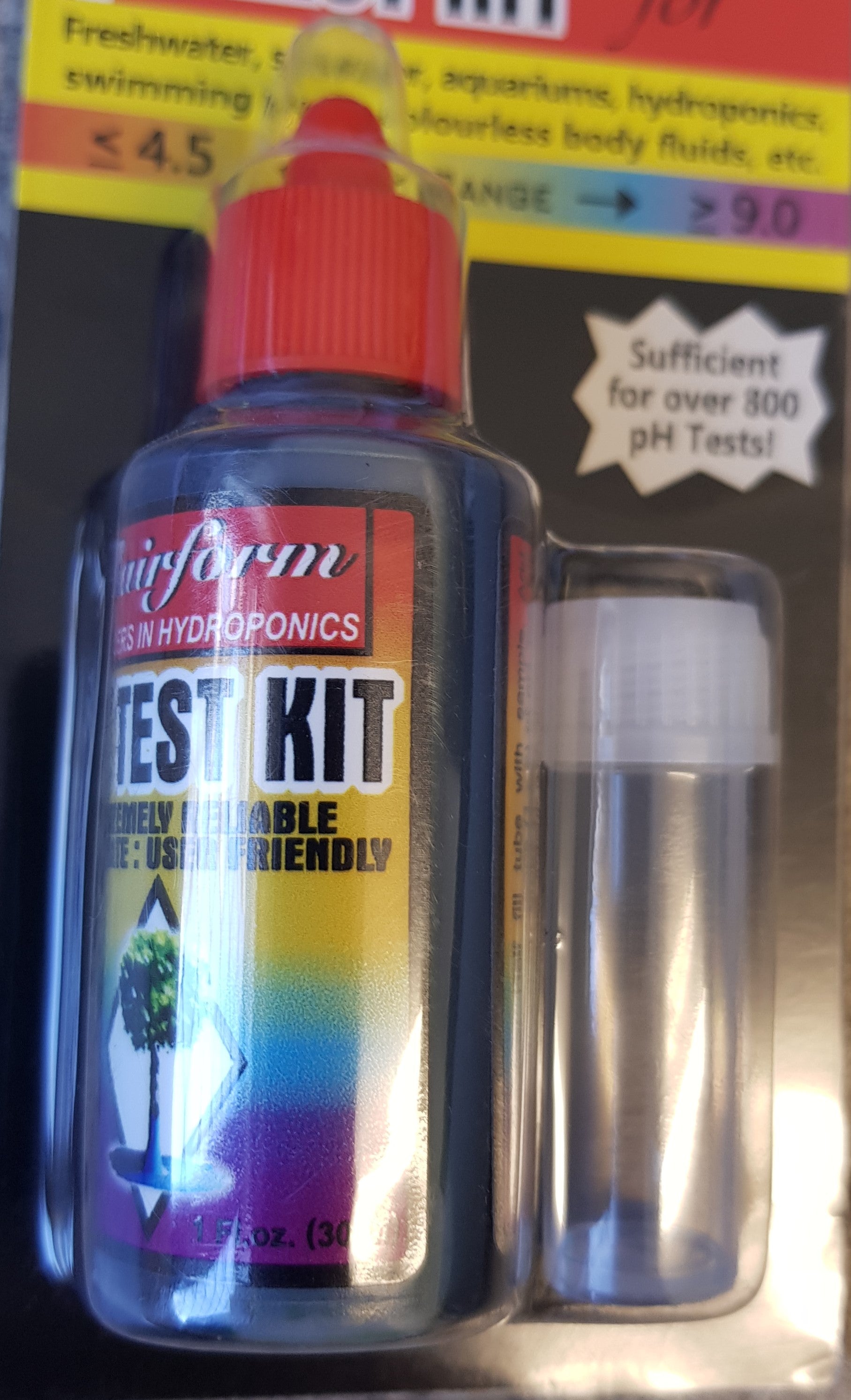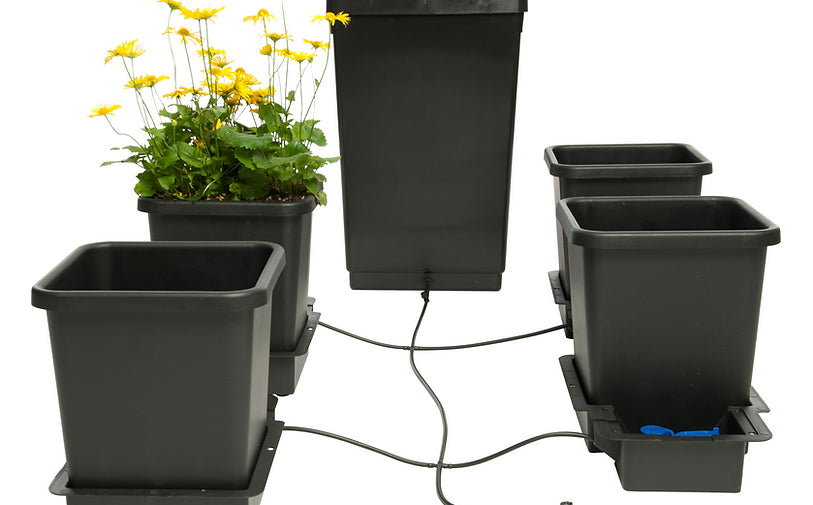
What is pH? What does it matter?
What is pH?
pH is the measure of acidity or basicity (alkalinity) of a solution. Acidic (at 0)and Basic (at 14) are at each end of the scale for pH, with neutral measuring 7.
For example, pure water is neutral and has a pH of 7, whereas lemonade is acidic and has a pH of about 3, and a glass cleaner (typically ammonia) has a pH of 11.
Why does this matter?
The pH of soil or a hydroponic solution greatly affects the amount of nutrient that a plant can absorb through its roots. The various elements (Nitrogen, Phosphorus, Iron etc) in the nutrient each have a different optimal range for root absorption but after numerous studies the range of 5.5 - 6.5 was deemed to be optimal overall.
How do you measure the pH?
The pH of soil can be measured using a meter, which has a soil probe and a simple readout.
Liquids can be measured with a simple litmus paper test kit, or a pH pen with a digital readout, of which there are several brands. These require calibration and a bit of ongoing care to work properly.
What if the pH is wrong?
Solutions (pH Raise or pH Lower) are available to raise or lower the pH. You should adjust the pH after adding nutrients to a hydroponic solution and check it periodically to make sure it is not changing drastically.
pH, acid, basic, alkaline, neutral, meter, litmus


